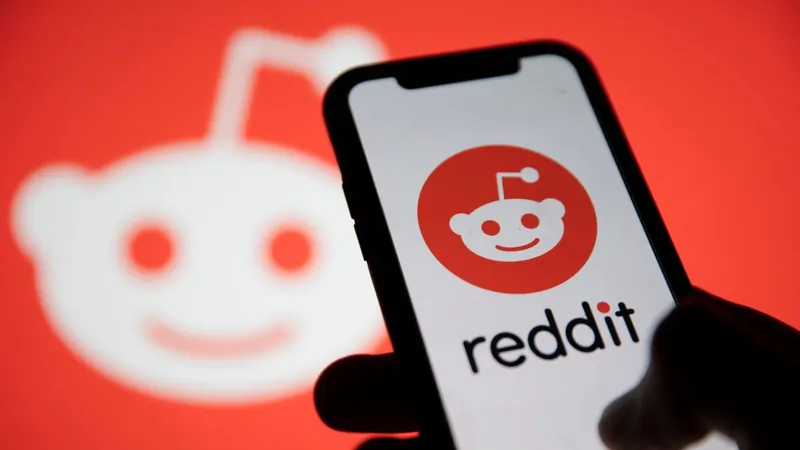
Unveiling the Power of Humility: How Scientists Can Win Back Public Trust
2024-11-18
Author: Noah
Recent studies have shown a groundbreaking way for scientists to regain the public's trust across fields like climate science, medicine, and psychology: by embracing intellectual humility. This compelling finding comes from a series of five studies conducted by researchers at the University of Pittsburgh, who sought to understand how the perception of scientists affects public confidence in their work.
Published in *Nature Human Behaviour*, the research highlights that intellectual humility—recognizing the limits of one's knowledge and being open to the possibility of being wrong—plays a crucial role in how scientists are perceived by the public. According to researcher Jonah Koetke, having this trait is linked to more careful and less biased processing of information, which is essential given today's complex societal challenges.
The research underscores a worrying trend: Between 2020 and 2021, the percentage of Americans who expressed a great deal of confidence in scientists dropped from 39% to 29%. This decline becomes even more acute during contentious times like the COVID-19 pandemic, where people are often confused over differing messages related to lockdowns, vaccinations, and health guidelines.
“People are looking for someone to trust amidst a sea of conflicting information,” explains Karina Schumann, a co-author of the study. The crux of the matter lies in understanding the key factors that either foster or erode trust in science.
The researchers identified three qualities that contribute to perceived trustworthiness: expertise, benevolence, and integrity. They were particularly focused on whether scientists demonstrating intellectual humility could be seen as more trustworthy and credible.
Across the studies involving over 2,000 participants, results were eye-opening. In one experiment, participants who perceived scientists as intellectually humble were significantly more likely to trust them and accept evidence-based conclusions, particularly on polarizing topics like climate change and vaccination.
Interestingly, gender and racial identity of scientists did not play a significant role in these perceptions; rather, it was the behavior of the scientists themselves that mattered most. When scientists communicated with low intellectual humility, participants showed a marked decline in trust and willingness to follow their guidance.
However, there was a twist in the findings. Despite various communication strategies intended to convey intellectual humility—such as discussing research limitations or acknowledging contributions from team members—almost none successfully increased trustworthiness. In some cases, these attempts even had the opposite effect, shaking public confidence in the research.
As Koetke expressed, there remains much to discover about effective ways for scientists to display this critical trait. The research team remains optimistic, however, noting that audiences do seem to value humility, viewing science as a journey toward understanding rather than a quest for absolute answers.
In a world rife with misinformation and skepticism, the notion that humility can help bridge the gap between science and the public may indeed be the golden key. It raises the tantalizing question: Is the road to rebuilding trust paved with humility, and how can scientists master this art?
The quest to find out continues, as these researchers prepare for future studies—a journey not just of discovering answers but also of asking the right questions.









 Brasil (PT)
Brasil (PT)
 Canada (EN)
Canada (EN)
 Chile (ES)
Chile (ES)
 España (ES)
España (ES)
 France (FR)
France (FR)
 Hong Kong (EN)
Hong Kong (EN)
 Italia (IT)
Italia (IT)
 日本 (JA)
日本 (JA)
 Magyarország (HU)
Magyarország (HU)
 Norge (NO)
Norge (NO)
 Polska (PL)
Polska (PL)
 Schweiz (DE)
Schweiz (DE)
 Singapore (EN)
Singapore (EN)
 Sverige (SV)
Sverige (SV)
 Suomi (FI)
Suomi (FI)
 Türkiye (TR)
Türkiye (TR)